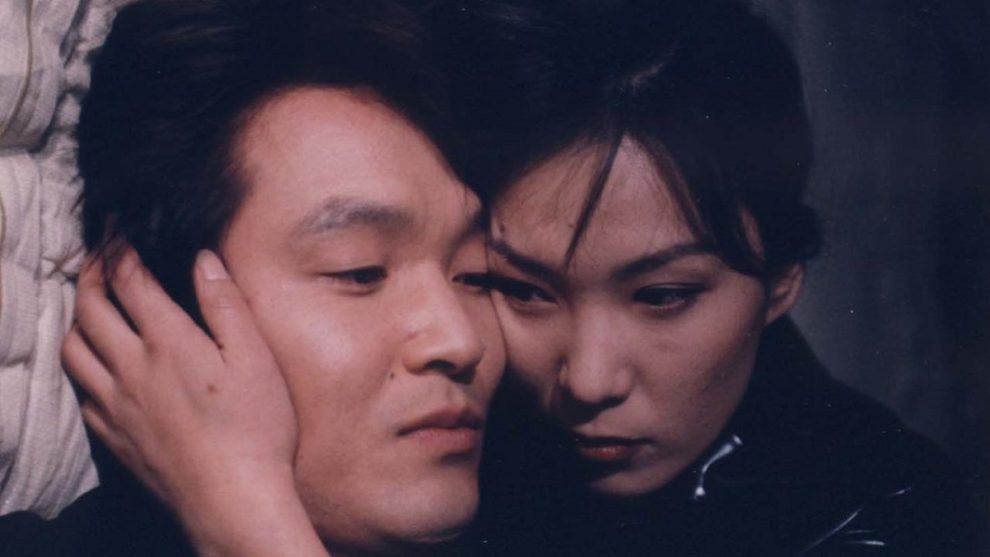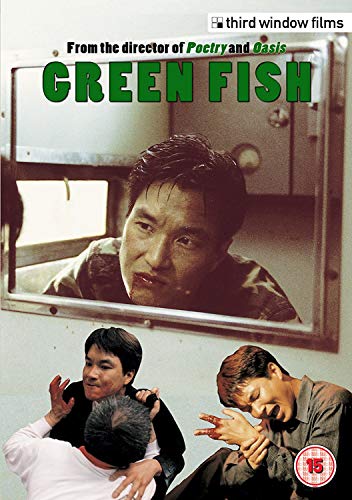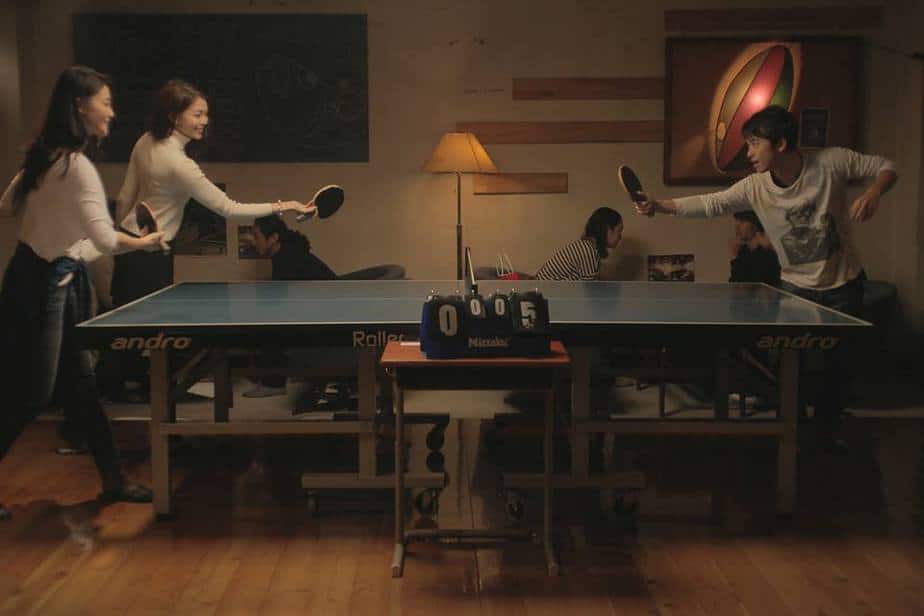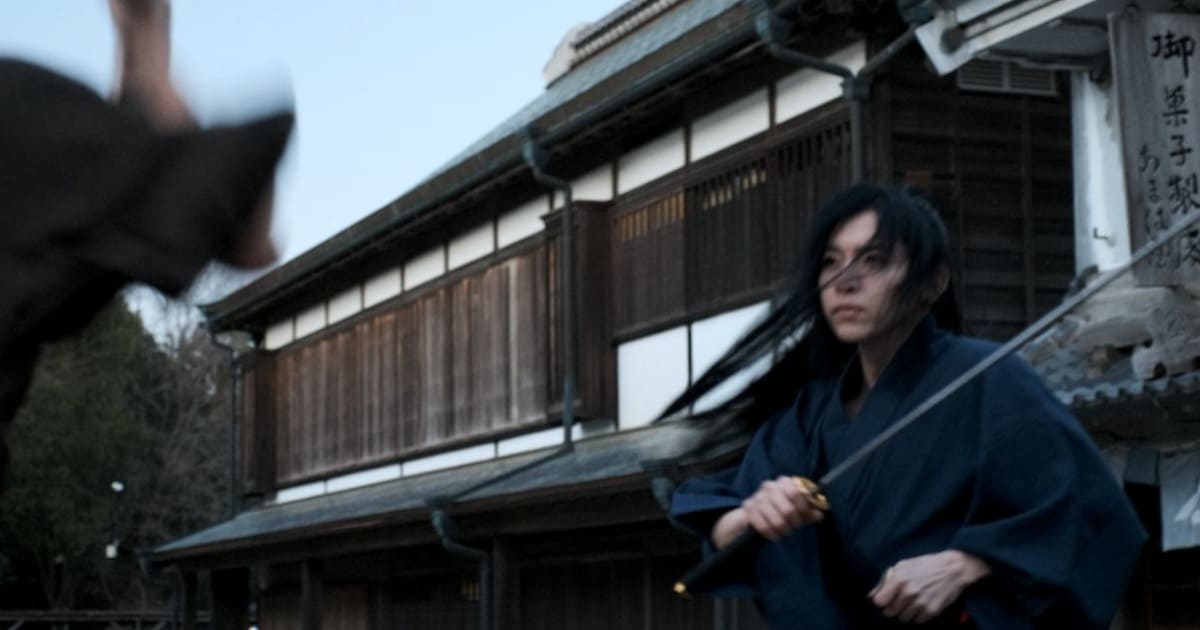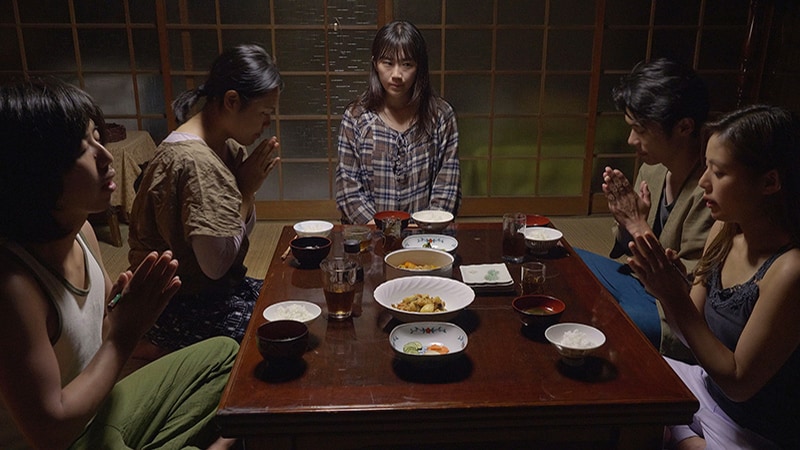It's fair to say that Lee Chang-dong is one of the leading lights in South Korean cinema, if not cinema in general, though his relatively sparse output over the last decade leaves us yearning for more. His debut made a quarter of a century ago, while not as accomplished as his subsequent five films, features many of the themes that would appear throughout his oeuvre, and serves as a strong foundation for the rest of his work to build on.
Buy This Title
Makdong (Han Suk-kyu) is fresh out of his army service and is returning home on the train. It is here he meets the mysterious Mi-ae (Shim Hye-jin), trying – and failing – to come to her rescue from a group of thugs. But she takes a shine to the young soldier and asks him to look her up when he returns home. Soon he discovers that she is the young girlfriend of ‘older brother' Bae (Mun Seong-kun), and the boss also takes a liking to him, giving him work. Makdong soon becomes the son Bae never had, and he is often not far from his side, which also keeps him close to Mi-ae. His loyalty to Bae is countered by his fondness for Mi-ae, and when Bae comes into trouble, the naïve Makdong takes action into his own hands. But causing his elder more problems than he needs, he is soon taught who is boss.

Made in the latter Nineties, “Green Fish” is very much neo-noir and feels fresh out of the Eighties, with the heavy influence of neon lights on You Yong-kil's cinematography. The jazz clarinet soundtrack only adds to this, and it is in parts reminiscent of a younger John Woo or Wong Kar-wai's “As Tears Go By”.
But, this is very much a Lee film and has his stamp on it throughout. Like many of his male leads, Makdong is a naïve young man starting out in life, only to be corrupted by a Kafkaesque world which leads him to despicable acts. Each day is a new corruption for him, as Lee developed expertly in “Peppermint Candy”; and there is a ménage à trois as in “Burning”, featuring a man to which our hero feels inferior in many ways. Here the ideas are more straightforward than in the more subtle and nuanced later films, but still effective.
But as a debut, Lee shows no lacking as a filmmaker. The opening sequence on the train shows the enigma of Mi-ae and how she appears looking for an escape. Makdong is the young man drawn to her, but he is immediately playing with a fire he can't handle. And while the neon lights and soundtrack were far from new, they show a more dark and dangerous world, as opposed to the homely family life which Makdong dreams of.
Indeed, Lee likes his heroes to be young idealists who find themselves trapped in a world wrong for them. The title reflects Makdong's final phone call of a cherished childhood memory and the final scene sees his dream realised, though he is no longer there to experience it. Innocence is so easily lost, and this is the sadness that hangs throughout Lee's career.
As with Wong Kar-wai's debut, this is a little different from and less refined than the pictures that followed, but is an important work in South Korean cinema as Lee's career progressed. A career in which quality has always trumped quantity. And as “Green Fish” teaches us, it is better to stay humble and stick to your dreams than enter a world that you have no part of.


